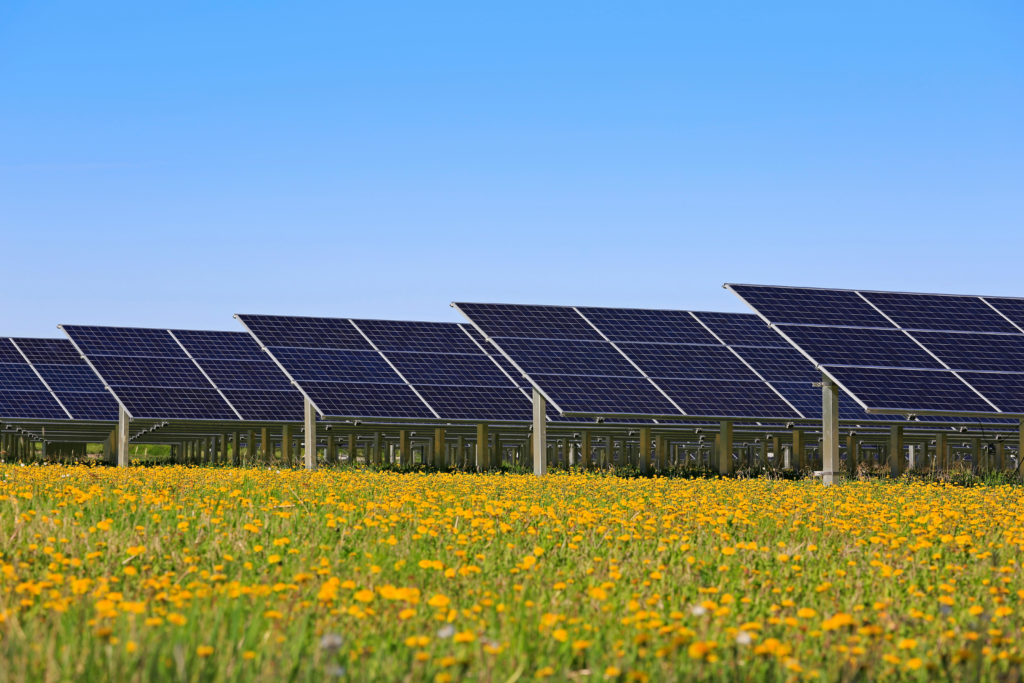BAKU
Abu Dhabi Future Energy Company PJSC (Masdar), one of the leading renewable energy companies in the world, is planning to start the construction of its solar plant project in Azerbaijan in 2022, adding a new facility to the country’s growing renewable energy industry.
The company said in April it would invest $200 million in the construction of a solar power plant with a capacity of 230 megawatts.
“We have made significant progress in a project related to the construction of a solar power plant in Azerbaijan,” Hussein Al Meyer, Masdar’s general manager, told reporters.
“We plan to start the construction phase of the station early next year,” he said.
The plant will generate 500 million kilowatts hours of electricity per year, saving 110 million cubic meters of gas and reducing greenhouse gas emissions to the amount of 200,000 tonnes.
The station will be located 75 km south-west of the capital Baku.
Azerbaijan’s energy ministry and Masdar signed a package of documents, including an investment agreement, energy purchase and sale agreement, and distribution grid connection agreement. Both sides agreed that the project would be implemented on a build-own-operate basis.
According to the energy ministry, the technical potential for solar power in Azerbaijan is around 23,000 megawatts. The country’s 2,400 to 3,200 sunshine hours annually compare well internationally. So does its solar intensity, estimated at 1,500 kWh/m2 to 2,000 kWh/m2. The best resources are in the central river valleys and the north and northwest.
Azerbaijan is yet to tap into its significant potential for renewable energy and energy efficiency, the International Energy Agency said. The government has, however, drafted several laws to that end which are pending approval. Higher ambition and more effort in renewable energy and energy efficiency will also help the country save natural gas and oil for exports and reduce its dependence on oil and gas sector.
Masdar, which is owned by Mubadala Investment Company, currently operates in more than 30 countries with a total renewable energy capacity of 10.7 gigawatts representing a combined investment of approximately $19.9 billion. It is also active in other former Soviet countries, including Uzbekistan, Armenia and Kazakhstan.

